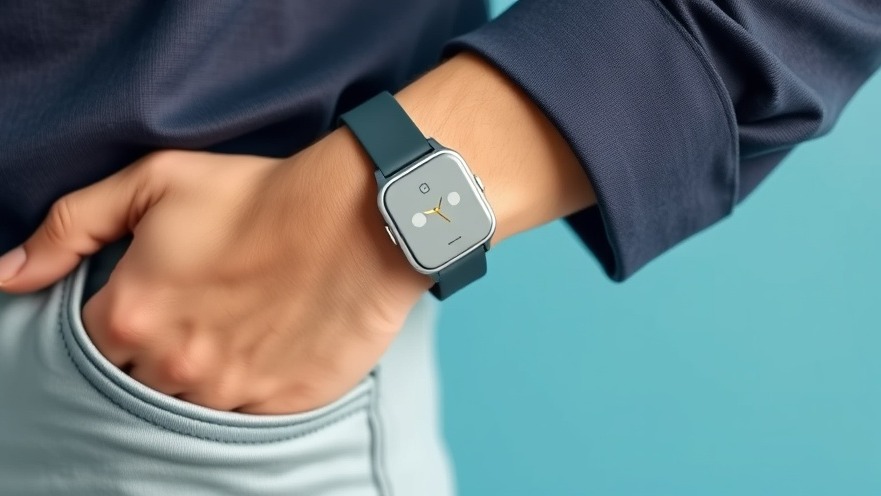
The Latest in Health Tech: Fitness Trackers that Deliver
For digital nomads striving to maintain their health on the go, the latest fitness trackers are more than just pedometers; they are comprehensive wellness companions. The evolution of these devices has redefined the meaning of fitness tracking, making them indispensable tools for achieving and sustaining health goals from anywhere in the world.
Discovering the Right Fitness Tracker for Your Needs
Choosing a fitness tracker starts with understanding your health needs and goals. Are you aiming to improve your cardiovascular health, monitor your sleep quality, or enhance your overall workout efficiency? Today’s top contenders, such as the Whoop 4.0, Google Pixel Watch 3, and Apple Watch Ultra 2, cater to various fitness levels and preferences. Each offers unique features – from comprehensive fitness coaching to advanced sleep analysis – that can adapt to your lifestyle as you navigate different environments.
The Versatility of Design: Watch vs. Ring
Fitness trackers, once exclusively watch-style devices, now offer a range of designs, including sleek smart rings, which have gained popularity for their compactness and functionality. Digital nomads may prefer the ring for its unobtrusive nature while sleeping or during casual outings. However, if you rely heavily on advanced features like GPS or real-time tracking during your outdoor adventures, a smartwatch may be the more practical choice. Fitness trackers like the Apple Watch Ultra 2 provide an array of smart features combined with rugged durability – ideal for active lifestyles.
Holistic Health Monitoring: More Than Just Steps
Modern fitness trackers go beyond monitoring steps. They provide insights into vital health metrics such as heart rate variability, blood oxygen levels, and stress indicators. This expanded functionality makes it easier for users to optimize their health routine, especially for those in transient lifestyles who may face various stressors impacting their well-being. For instance, by assessing sleep quality and heart rate data, a digital nomad can better plan their days to align with their body’s recovery needs.
Why Real-Time Data is Crucial for Digital Nomads
Access to real-time health data empowers digital nomads to make informed lifestyle decisions no matter where they are in the world. Monitor your hydration levels, adjust workout intensities based on recovery data, or manage stress through guided breathing exercises available in many top-tier wellness apps integrated with these devices. Fitness trackers facilitate a proactive approach to health that complements the demands of a nomadic lifestyle.
Practical Tips for Choosing a Fitness Tracker
When selecting the right fitness tracker, consider the following: 1) Evaluate your primary health goals, 2) Determine whether aesthetics or advanced functionalities are more important to you, and 3) Read user reviews focusing on battery life and ease of use, as these factors can significantly impact daily wear. Particularly for digital nomads, look for devices with robust app ecosystems that provide insights and support on the go.
Conclusion: Take Charge of Your Health Today
With the vast options available, it’s crucial to invest in a fitness tracker that not only fits your style but also enhances your health journey. As life on the road can introduce unique challenges, having access to real-time health metrics can foster a balanced lifestyle. Whether you opt for a smartwatch or a smart ring, these tools can help you stay accountable and in tune with your wellness goals.
 Add Row
Add Row  Add
Add 




Write A Comment